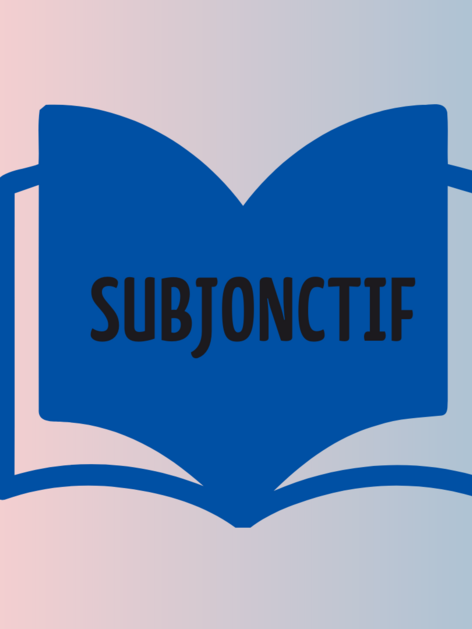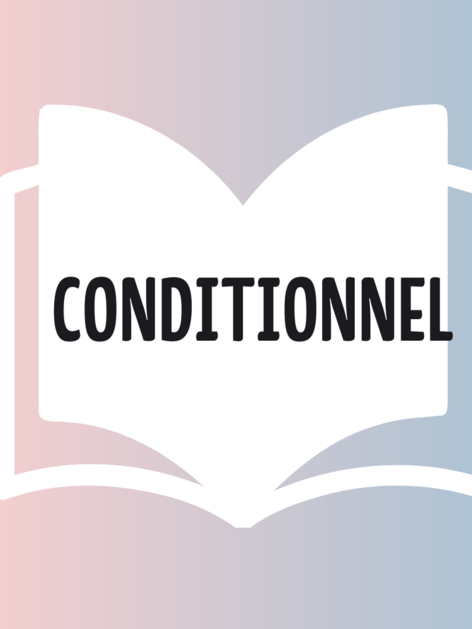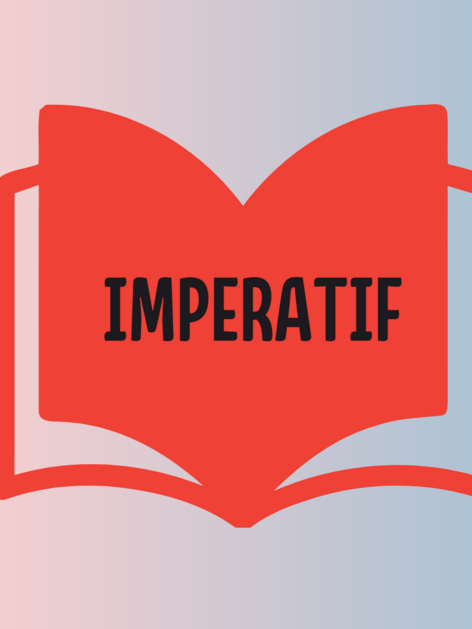Le mode Indicatif or indicative Mode
The indicative mood is the most commonly used verb mood in French. It is used to express facts, real actions or certainties. The indicative mode is used to describe past, present or future events objectively.
This mode includes simple beats and compound beats. You will find them on this page.
»Le présent or the simple present tense
»L'imparfait or The imperfect tense
» Le futur simple or the Future simple tense
» Le passé simple or the simple past tense
» Le passé composé or the compound past tense
» Le plus que parfait or Past Perfect tense
» Le futur antérieur or the Future tense
The simple tenses
Le présent or the simple present tense
Le present is a verb tense used to describe an action that is taking place at the time of speaking or to express a general truth.
It is a basic tense in French and it is essential for communicating in everyday life.
It is relatively easy to conjugate and use, making it one of the first verb tenses studied when learning French.
L'imparfait or The imperfect tense
L'imparfait is a verb tense used to describe an action or situation that happened in the past in a continuous, habitual or unfinished way.
It is an important time for telling stories, describing past scenes and creating atmosphere in a narrative.
Its conjugation is regular for most verbs, which facilitates its learning.
Explore the world and improve your French at the same time! Learn with Sprachcaffe in an international group and have the adventure of a lifetime in France or Morocco
Le futur simple or the Future simple tense
Le futur simple is a verb tense used to express actions or events that will occur in the future.
It is important to note that the future simple is often used with expressions of time such as "tomorrow", "next week", "in a few years", to situate the action in the future.
Mastering the future simple is essential for expressing future actions or events in French.
Le passé simple or the simple past tense
Le passé simple is a verb tense used primarily in literary writing to describe past, specific, one-time actions.
It is important to note that this tense is less commonly used in speech and everyday language, where the imperfect and the past tense are more frequently used to describe past actions.
However, it is useful to know and understand the past simple to appreciate and analyze literary works in French.
Les temps composés or the Compound tenses
Le passé composé or the compound past tense
The passé composé is a verb tense used to describe past actions that are considered finished and that have a link with the present.
The compound past tense is one of the most common verb tenses used to talk about past actions in French.
It is frequently used orally and in writing in everyday communication.
Le plus que parfait or Past Perfect tense
Le plus que parfait is a verb tense used to describe a past action prior to another past action in a story.
It is used mainly in writing, stories and narrations to indicate anteriority between past actions.
It allows you to create a more complex temporal structure and give more depth to a story.
Le futur antérieur or the Future tense
Le futur antérieur is a verb tense used to express a future action that will be accomplished before another future action.
It is used mainly in writing and formal speeches to express the anteriority of a future action over another future action.
It allows to create a complex temporal structure and to highlight the chronology of events.
The other three modes of the French language
Improve your French with Sprachcaffe
Discover all options to learn French abroad



















